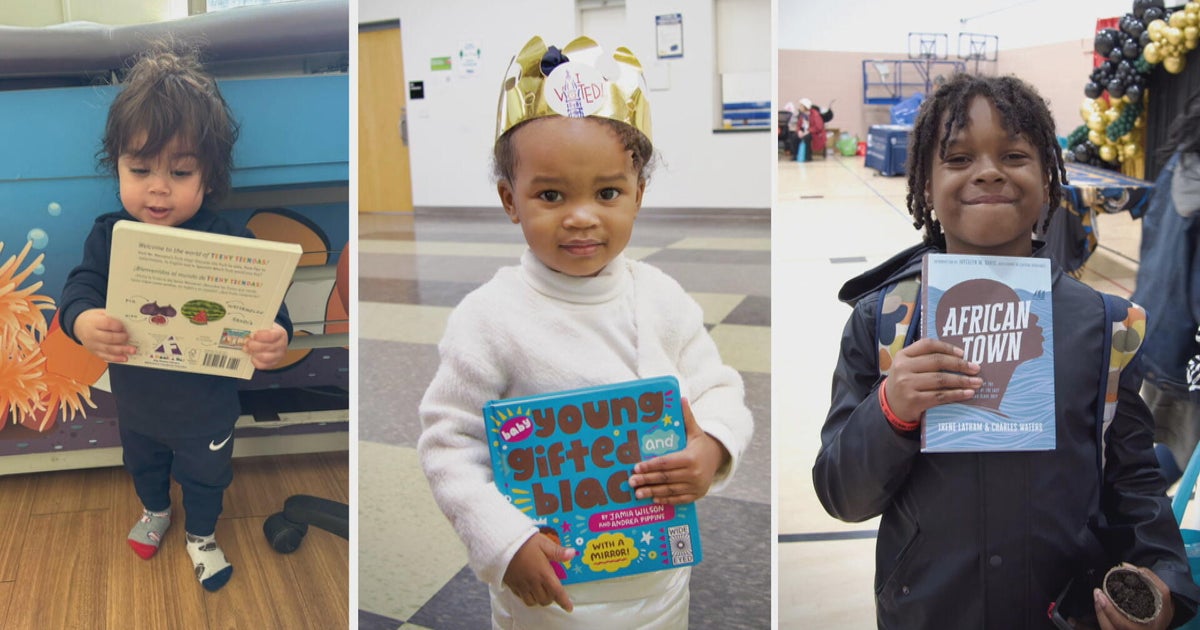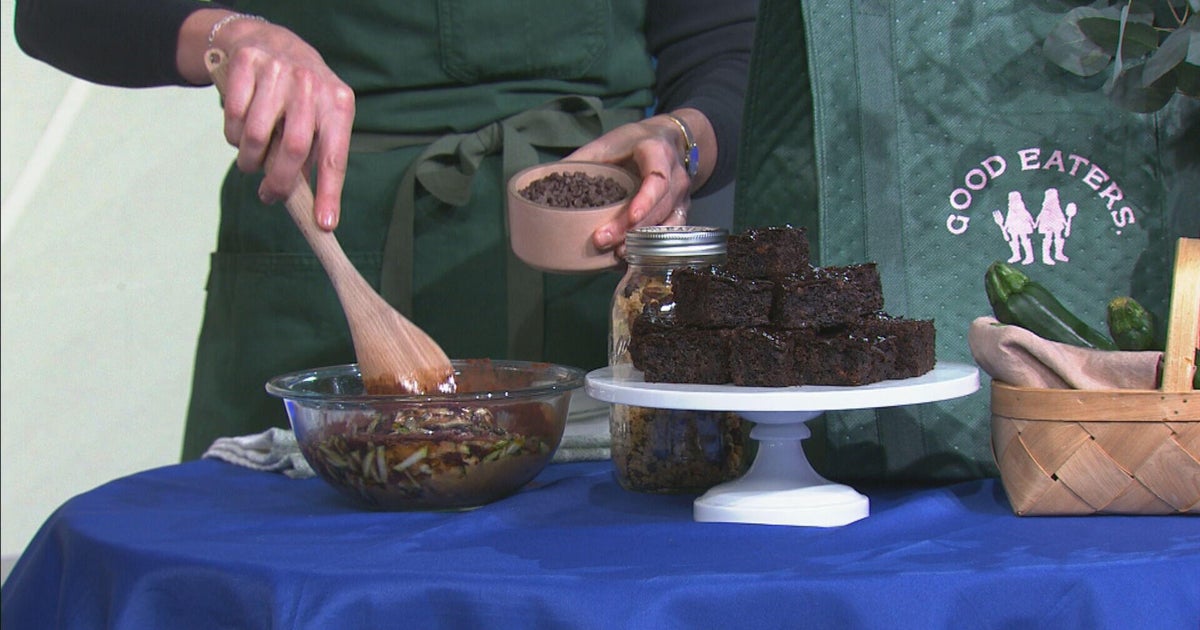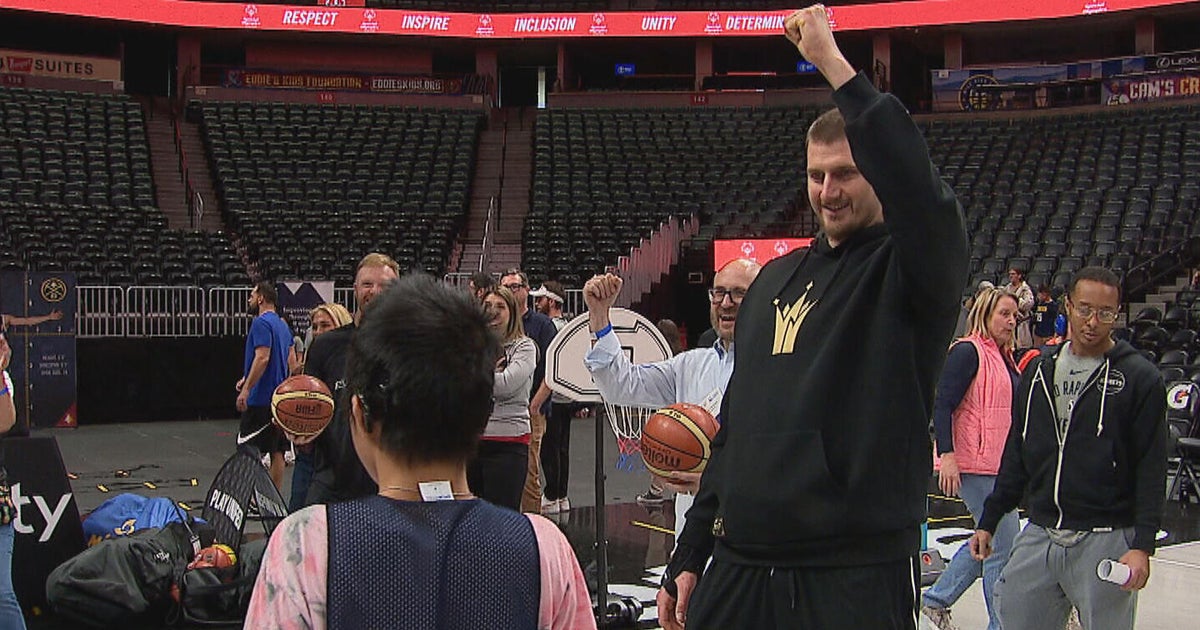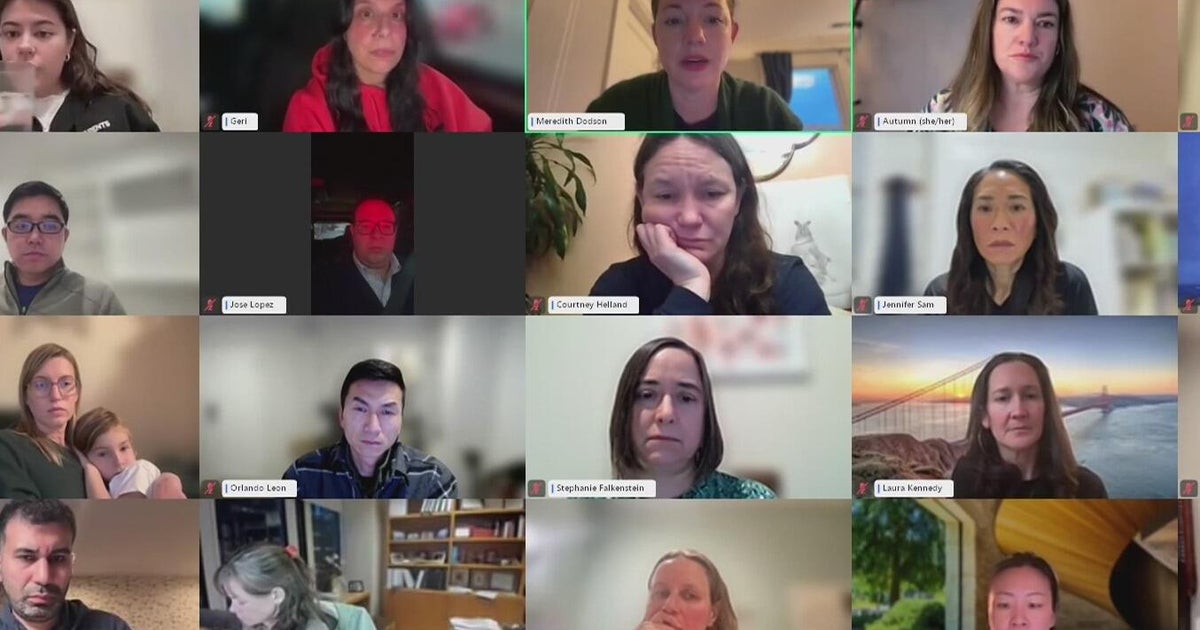Do Kids Need To Take Special Vitamins?
Parents giving their children vitamins is nothing new. But these days, they're reaching for more than just the multivitamins. Individual supplements for kids are being scooped up, too. When is it time to reach for the pills and drops? Are they necessary? CBS 2's Mary Kay Kleist reports.
For Natasha Solis-Ramos, meal time can be a food fight. There are certain dishes her 1-year-old loves.
"I can give her chicken nuggets, or quesadillas and fruit," said Solis-Ramos.
But there are some foods her daughter loves to leave on her plate.
"She doesn't like her vegetables too much. She doesn't really eat any type of red meat," she said.
To ensure Eivissa gets her A-B-C's, Natasha gives her daughter a multivitamin, and was considering cod liver oil, too.
Carlotta Mast from the Nutrition Business Journal said, "Sales of childrens' vitamins and mineral products grew 25 percent at grocery stores, drug stores, and other mass market stores, and grew 10 percent in natural health food stores and vitamin specialty stores."
We're not just talking multivitamins. Separate supplements, like omega-3's and vitamin D, are also experiencing healthy growth.
Mast says, "I think a lot of Americans view the multivitamin, or a vitamin D supplement, omega-3 supplement as a good insurance policy."
The American Academy of Pediatrics says it's a policy parents don't need. Spokesperson Dr. Michael Cabana says vitamins and other supplements are only necessary when a child isn't eating a healthy, well-balanced diet.
"Vitamins, by definition, are only needed in small amounts. So even the pickiest of eaters probably have enough of all the vitamins that they need," said Dr. Cabana.
The Council for Responsible Nutrition, a trade association for vitamin and supplement makers, points to government data that shows many children may not be getting what they need in some areas.
"In fact, data from the USDA shows that kids fall short in some very important nutrients, including calcium, magnesium, and vitamin D," said Duffy MacKay from the Council for Responsible Nutrition.
Dr. Cabana agrees that vitamin D is an exception, but only in certain circumstances. For example, he says kids who are exclusively breast-fed, along with African American and Hispanic children tend to be at risk for deficiency.
As for omega-3 supplements, Dr. Cabana said, "I'm not aware of any evidence suggesting that omega-3's are beneficial for kids specifically."
While taking the recommended doses of these supplements won't hurt your child, the AAP says they may not help in the long run.
No matter what you decide, it's a good idea to keep your pediatrician in the know.
Dr. Cabana said, "Consider vitamins and supplements in the same category as medicines, because there can be interactions."
"When a parent is choosing a dietary supplement, they need to do some research," said Dr. MacKay.
After talking with her doctor, Natasha Solis-Ramos decided to shelf the cod liver oil for now, but she is sticking with the multivitamin.
"I don't think that in my case that she's getting everything she needs," said Solis-Ramos.
Dr. Cabana says that many experts now suggest revising vitamin D recommendations to accommodate high-risk groups.
The AAP currently recommends that children who are exclusively breast-fed receive 400 international units of vitamin D daily.
Dr. Cabana stresses the importance of teaching your children how to make healthy food choices. He says this will help them get the nutrients they need in the long run.







